-
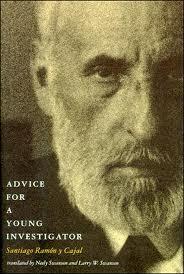
Advice for a young investigator
Santiago Ramon y Cajal was a mythic figure in science. Hailed as the father of modern anatomy and neurobiology, he was largely responsible for the modern conception of the brain. His groundbreaking works were New Ideas on the Structure of the Nervous System and Histology of the Nervous System in Man and Vertebrates. In addition to leaving a legacy of unparalleled scientific research, Cajal sought to educate the novice scientist about how science was done and how he thought it should be done. This recently rediscovered classic, first published in 1897, is an anecdotal guide for the perplexed new investigator as well as a refreshing resource for the old pro. Cajal was a pragmatist, aware of the pitfalls of being too idealistic -- and he had a sense of humor, particularly evident in his diagnoses of various stereotypes of eccentric scientists. The book covers everything from valuable personality traits for an investigator to social factors conducive to scientific work. --from amazon -
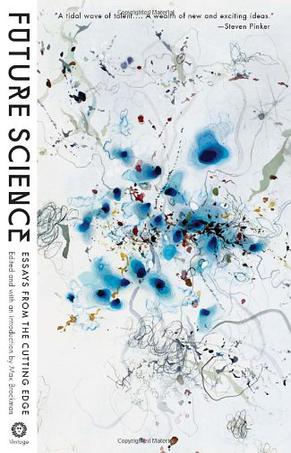
Future Science
Editor Max Brockman introduces the work of some of today’s brightest and most innovative young scientists in this fascinating and exciting collection of writings that describe the very boundaries of our knowledge. Future Science features nineteen young scientists, most of whom are presenting their innovative work and ideas to a general audience for the first time. Featured in this collection are William McEwan (son of the novelist), a virologist, discussing his research into the biology of antiviral immunity; Naomi Eisenberger, a neuroscientist, wondering how social rejection affects us physically; Jon Kleinberg, a computer scientist, showing what massive datasets can teach us about society and ourselves; and Anthony Aguirre, a physicist, who gives readers a tantalizing glimpse of infinity. -
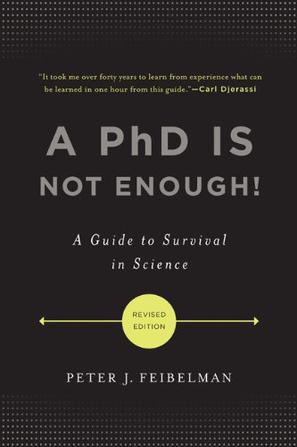
A PhD Is Not Enough!
A Ph.D. Is Not Enough! is required reading for anyone thinking of applying to graduate school or entering the science job market. Focusing on critical survival skills, it offers sound advice on selecting a thesis or postdoctoral adviser; choosing among research jobs in academia, government laboratories, and industry; and defining a research program. This new edition features updates throughout and a new chapter reflecting today's rapidly changing world. -
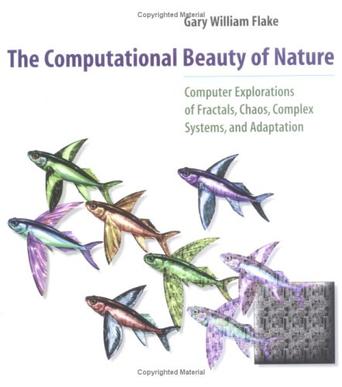
The Computational Beauty of Nature
"Simulation," writes Gary Flake in his preface, "becomes a form of experimentation in a universe of theories. The primary purpose of this book is to celebrate this fact."In this book, Gary William Flake develops in depth the simple idea that recurrent rules can produce rich and complicated behaviors. Distinguishing "agents" (e.g., molecules, cells, animals, and species) from their interactions (e.g., chemical reactions, immune system responses, sexual reproduction, and evolution), Flake argues that it is the computational properties of interactions that account for much of what we think of as "beautiful" and "interesting." From this basic thesis, Flake explores what he considers to be today's four most interesting computational topics: fractals, chaos, complex systems, and adaptation.Each of the book's parts can be read independently, enabling even the casual reader to understand and work with the basic equations and programs. Yet the parts are bound together by the theme of the computer as a laboratory and a metaphor for understanding the universe. The inspired reader will experiment further with the ideas presented to create fractal landscapes, chaotic systems, artificial life forms, genetic algorithms, and artificial neural networks. -
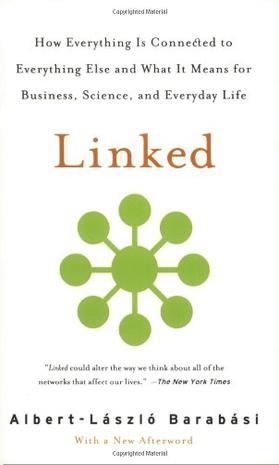
Linked
A cocktail party. A terrorist cell. Ancient bacteria. An international conglomerate. All are networks, and all are a part of a surprising scientific revolution. Albert-László Barabási, the nation's foremost expert in the new science of networks, takes us on an intellectual adventure to prove that social networks, corporations, and living organisms are more similar than previously thought. Grasping a full understanding of network science will someday allow us to design blue-chip businesses, stop the outbreak of deadly diseases, and influence the exchange of ideas and information. Just as James Gleick brought the discovery of chaos theory to the general public, Linked tells the story of the true science of the future. -
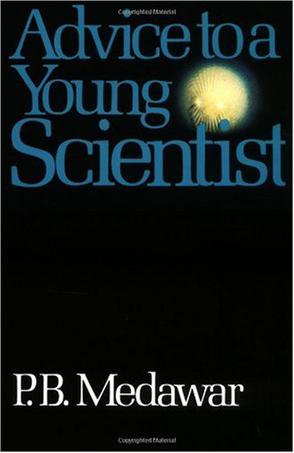
Advice to a Young Scientist
Advice to a young scientist by Peter Medawar (Basic Books). The titan of 20th century molecular medicine gives well-meaning and funny (in the British sense) advice on (from the chapter headings): How do I tell if I am cut out to be a scientific research worker? - What shall I do research on? - How can I equip myself to be a scientist or a better one? - Women in science - Aspects of scientific life and manners - Of younger and older scientists - Presentations - Experiment and discovery - Prizes and rewards - The scientific process. Some details of the 25-year old book feel out of date now but it still is an excellent companion up to your first faculty position. See the following quote: "A novice must stick it out until he discovers whether the rewards and compensations of the scientific life are for him comensurate with the disappointments and the toil; but if once a scientist experiences the exhilaration of discovery [...] then he is hooked, and no other kind of life will do."